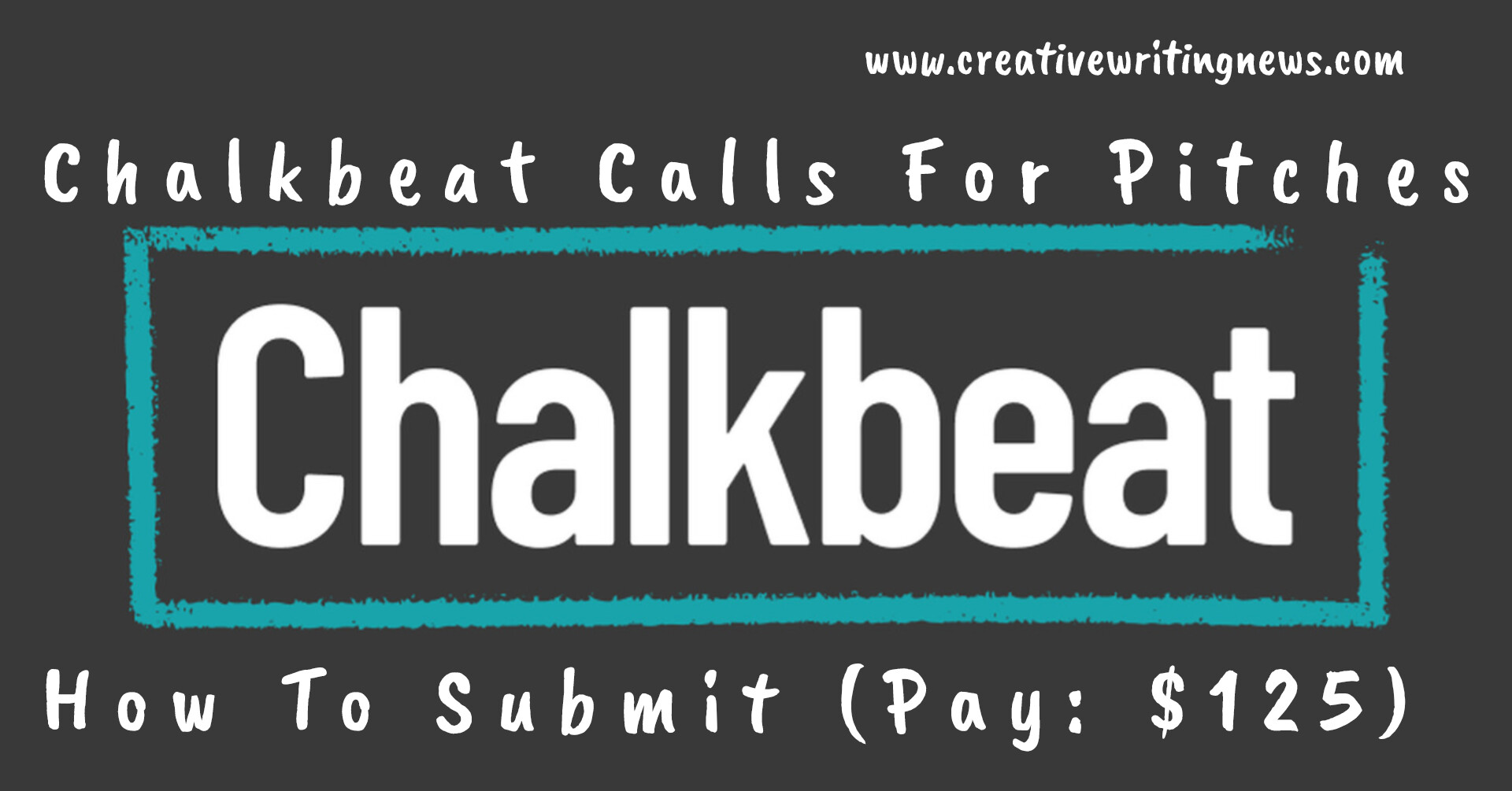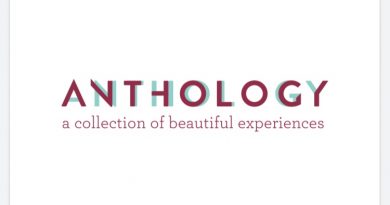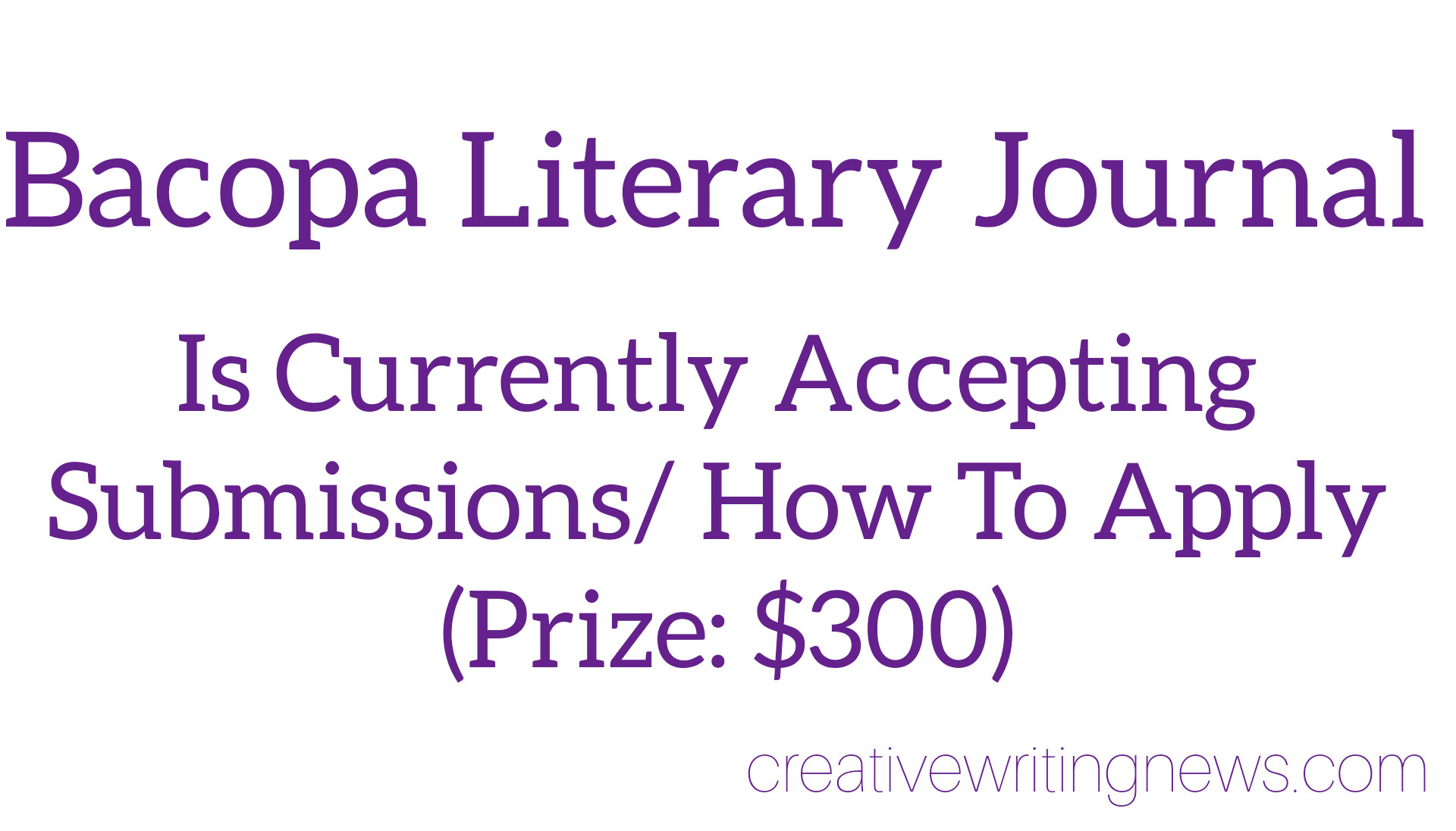Chalkbeat Calls For Pitches/ How To Submit (Pay: $125)
Chalkbeat is a nonprofit news organization dedicated to reporting on education in underserved communities across America.
Through their series “First Person,” they aim to elevate the voices of educators, students, parents, advocates, and others who are working to improve public education.
If you have a personal story or observation to share, they offer an opportunity to publish your essay and reach a broader audience.
General Submission Guidelines Chalkbeat
- Focus on personal experiences or observations related to public education.
- Aim for a conversational tone, using specific examples from your life.
- Connect your personal story to broader educational issues.
- Essays should be approximately 800 words.
- Send questions, pitches, or drafts to firstperson@chalkbeat.org.
- Include any writing samples or additional materials that may support your pitch.
- If unsure about your idea, reach out for guidance and feedback.
- Authors are encouraged to pitch their ideas or submit drafts for feedback.
What They Want
1. Impact of News Events: Essays that explore the real-life impact of news events on students, educators, and schools.
– Examples:
- “I’m a college access counselor. Here’s how the affirmative action decision could upend the application process.”
- “After Uvalde, I dread going to school. When will our leaders act?”
2. Unique Personal Perspectives: Insights that provide a fresh viewpoint on issues being widely discussed.
– Examples:
- “As we embrace the ‘science of reading,’ we can’t leave out older students.”
- “I was hired to write a Black history curriculum. Then I was asked to walk back key concepts.”
3. Vulnerability and Lessons Learned: Pieces that acknowledge uncomfortable emotions and experiences, and the lessons gained.
– Examples:
- “I never thought my child would need a school social worker, but I’m so glad she’s in our lives.”
- “Losing my Spanish feels like losing part of myself (Leer en español).”
4. Challenging Conventional Wisdom: Essays that question common beliefs about education or the roles of educators, students, and parents.
– Examples:
- “I asked my daughter if she’d read Dickens. She asked me if I had read Trevor Noah’s memoir.”
- “My high school is exempt from Regents exams. Other schools should be, too.”
5. Complex Educational Choices: Discussions on the tough educational decisions students and families face.
– Examples:
- “I live in the neighborhood where Adam Toledo was killed. Here’s what it’s like to raise a child there. (Leer en español)”
- “Preschool suspensions are harmful — and surprisingly common. Curbing them is personal.”
6. Educators’ Lived Experiences: Narratives that reflect the real experiences of educators.
– Examples:
- “Without paid parental leave, I went back to teaching three weeks after giving birth.”
- “I’m a school psychologist trained for tense situations. Too often, schools call the police instead of letting me do my job.”
7. Untraditional Educational Experiences: Stories shedding light on unique educational journeys.
– Examples:
- “When my daughter was being treated for cancer, her teacher worked from the hospital.”
- “I helped my fellow inmates earn their GED. It was more rewarding than I could have imagined.”
8. Formative Classroom Experiences: Reflections on significant classroom moments and their impact.
– Examples:
- “I was a Stuyvesant high school senior on 9/11. It changed me forever.”
- “I used to see college as just a prerequisite for med school. A philosophy course changed my mind.”
What They Don’t Want
- Traditional opinion pieces that approach an issue solely from a pro/con perspective.
- Academic submissions that don’t connect to personal experiences.
- Pieces focused on promoting a specific organization, tool, or program.
Eligibility Criteria
- Open to students, educators, parents, advocates, and others with a connection to public education.
- Willingness to share personal stories and insights in a public forum.
- Ability to write in a conversational and engaging style.
Payment
Chalkbeat pays $125 for each published essay in the First Person series.
Payment is processed after the essay is accepted and published.
More Information
- Visit the First Person archive for examples of published essays.
- Chalkbeat values transparency and open communication throughout the submission process.
- For other story pitches, contact Chalkbeat through their main contact page.





